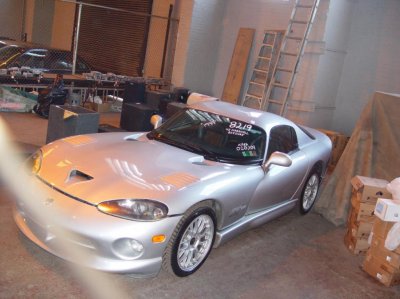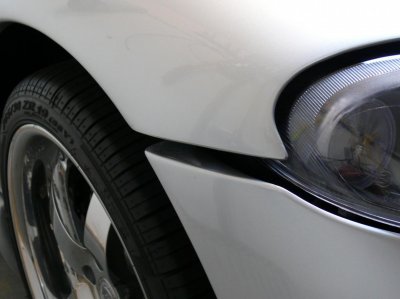SYNFULL, yes, Of couse I am looking at this from an Industry standard, how else is there to look at it? I dont know what else your being told. But just remember one thing, Your agent is not writing the check, and maybe doesnt know the difference between the two policies?
Upgrades,mods are in no way considered unless they were specifically endorsed on an agreed policy. I'm sure everyone on here knows that mods are considered spent money.
Im sorry for your loss here, but I'm just trying to give you the correct info. A stated value policy is not replacement cost or agreed. I hope it all works out.


